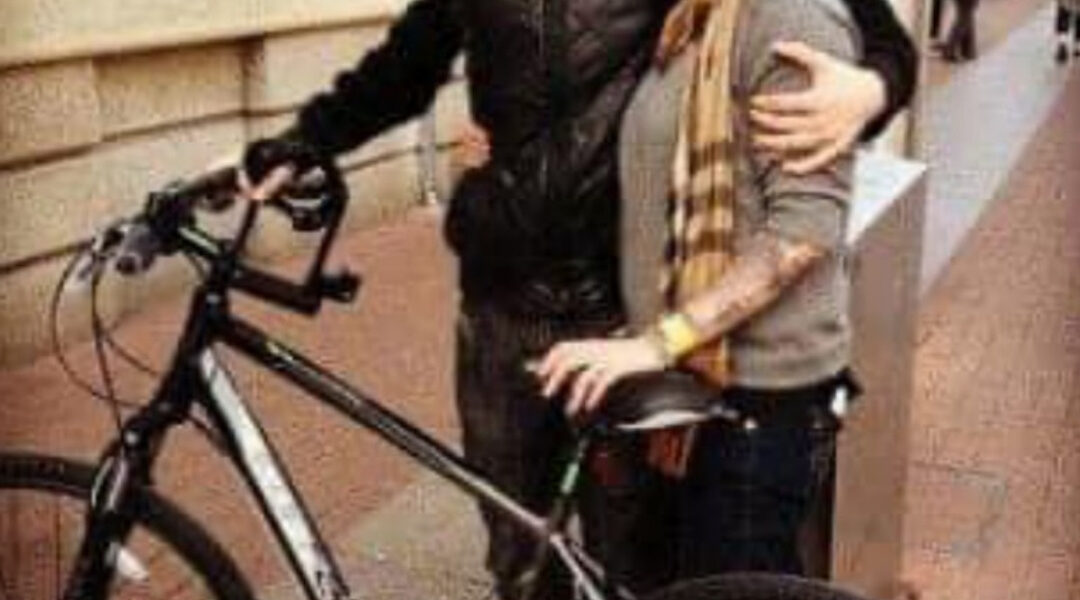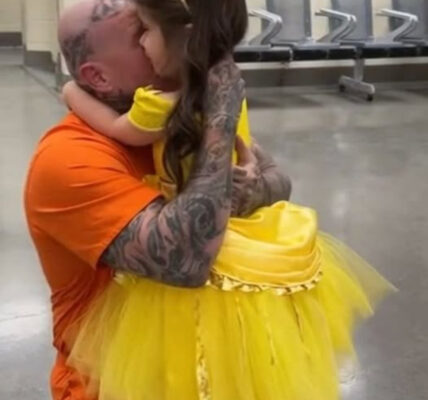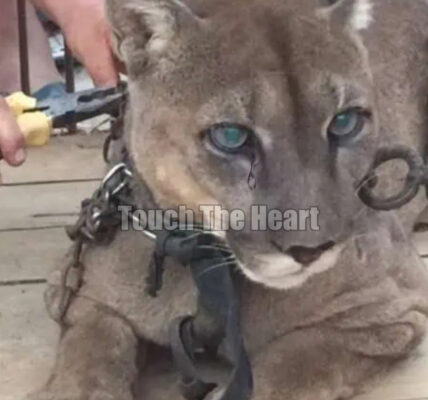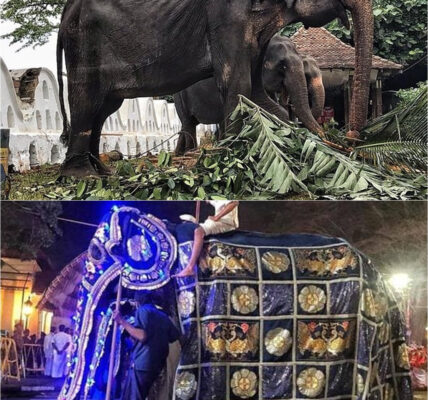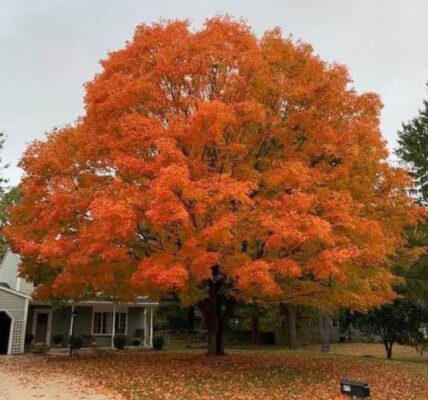
It started with a simple Facebook post — one that might have easily gone unnoticed in the constant scroll of online noise. But for those who paused to read it, the words struck something deep.
“Hi, I’m an autistic 19-year-old living on my own, and my bike was stolen opposite the McDonald’s on High Street. My grandma got me this bike for Christmas. I’ve been feeling really down about this — there aren’t many things I enjoy in life, and my bike was one of them. Thank you to anyone who can help.”
The post was from a young man named Harvey — earnest, vulnerable, and quietly heartbreaking. His bike wasn’t just transportation; it was a piece of freedom, a connection to his late grandmother, and one of the few things that brought him joy.
When a woman from the same town read his message, she felt her heart twist. She shared his post on Facebook and Twitter, hoping that maybe — by some miracle — someone would spot the missing bike. But deep down, she knew how unlikely that was.
She’d been there herself. A few months earlier, her own bike had been stolen. She had just started saving to buy a new one — a shiny folding Carrera Hybrid — but as she lay in bed that night, all she could think about was Harvey.
She imagined him walking home past the empty spot where his bike used to be. The disappointment. The loneliness. And she realized she couldn’t shake it.
By morning, she made up her mind.
There would be no GoFundMe, no waiting for donations or organizing a campaign. Instead, she took the money she had set aside for her new bike and bought Harvey one instead. “Because life is short,” she said, “and kindness can be paid forward.”
When she met Harvey and handed him the bike, he could barely speak. His eyes filled with tears. He kept saying thank you, over and over, as if trying to make sense of the generosity of a stranger. And when he hugged her tightly, she felt something shift — a reminder that compassion is the one currency that never loses value.
“I didn’t just do it for Harvey,” she later wrote in a post that spread like wildfire. “I did it for everyone who once showed me kindness when I had nothing.”
She began to list them — the people whose goodness had saved her life in small, unspoken ways:
-
The friend who bought her child new shoes when the old ones had rubbed his feet raw.
-
The stranger who replaced her baby’s stroller when it was stolen from her doorstep.
-
The church that left bags of groceries on her porch when she confessed online that she was hungry.
-
The firefighter who left a tiny Christmas tree decorated with ornaments on her back porch when he saw her house bare before the holidays.
-
The friend who paid her rent instead of renovating her home when she was on the brink of eviction.
Each act had been a spark — a moment of grace that helped her survive. And now, it was her turn to pass it on.
“Kindness saved my life,” she said. “Again and again. And now I have some to spare.”
Her message was simple, yet it carried the kind of truth that touches everyone who hears it:
“Do good things. Smile at people. Hug your kids. Phone your family. Check on your neighbors. Give your gloves to that freezing cold homeless person. Ask the crying person if they’re okay instead of pretending not to see. Rebuild your communities by looking out for each other. Think of others. Connect. Respond. Love. In the end, only kindness matters.”
The story of a stolen bike and a stranger’s generosity spread far beyond their little town. People around the world shared it, inspired not just by the act itself, but by the reminder that goodness still exists — that small gestures can ripple outward in ways we may never fully see.
Harvey got his new bike — and with it, a renewed sense of joy and belonging. But the woman who helped him got something too: the feeling of purpose that comes from remembering how connected we all truly are.
Because kindness, once given, never stops moving. It circles back, changes lives, and reminds us that even in a world that feels divided, the smallest act of compassion can be the thing that brings light back in.
